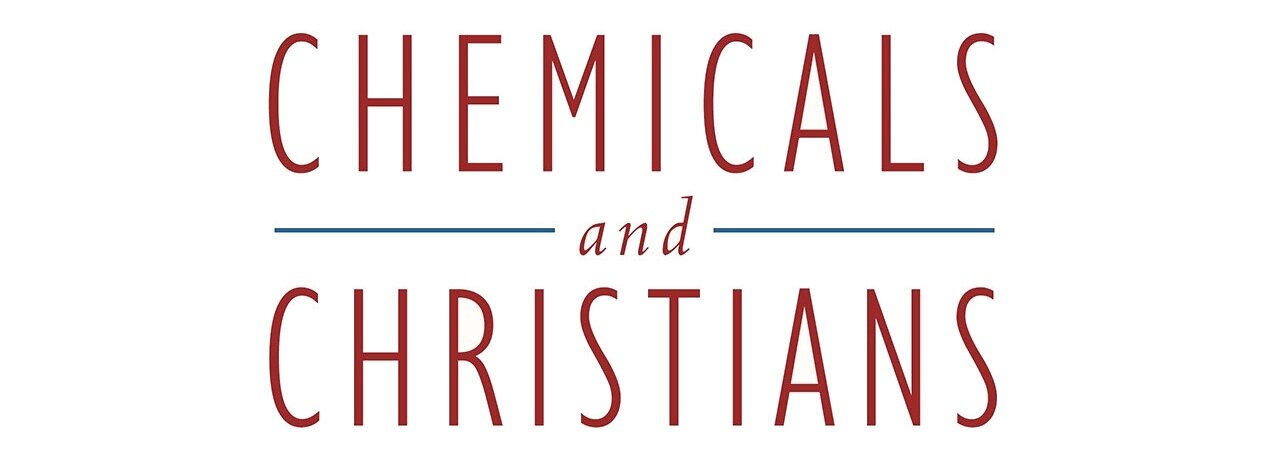Because chemical sensitivities make entering most stores challenging, I do 99% of my shopping either online or outside (garage sales, flea markets, or the occasional sidewalk sales). The weather has been mild enough here in Missouri lately that I went to our local flea market this weekend and was happy to find some vendors still vending, It was great to search for treasures and enjoy some human interaction. I've learned, through some exceptionally lonely years, the importance of interacting with people (even strangers) as often as I can manage it without making myself ill.
There were plenty of people out and about on Saturday, and I had many conversations, including one with a precious little girl. Even when shopping outside, I keep my mask around my neck, ready to use whenever I encounter perfume, cigarette smoke, or other problematic chemicals. Children are often very curious about my mask, and this one asked about it. When I explained that I wear the mask so I don't get sick, she informed me that when you're sick you should get a bucket.
That conversation took a different turn than most do, but people often ask about my mask and I'm always glad to have the opportunity to talk a bit about the chemical toxicity issue. I've been wearing a mask long enough now that it doesn't bother me much anymore, but transitioning to wearing one in public means overcoming an emotional hurdle for most of us who do it. Mask-wearers cannot easily blend into the crowd.
Responses to my mask vary. Fear seems to be a common reaction. Once a young child stared at me, then said to her mother, “I’m scared. Let’s go home.” People often move away, which can actually be a good thing if they’re wearing fragranced products. My husband once explained to someone why I was wearing a mask, and the person then remarked to me, "Well, I'm glad that's the reason and you're not wearing it because you have a disease I might catch from you.”
Wearing a mask can be helpful and can buy some time in a toxic environment. There are many types of masks and respirators, and some people find one that works well for a them and discover a degree of freedom when using it. Masks are by no means the complete answer for those with chemical sensitivities, however. Some of the challenges related to masks include the following:
Most of them just don't work very well. An article in the journal Allergy reported on a study of patients with reactions to perfume. They clamped the subjects' noses to prevent them from knowing if they were breathing perfume or a placebo and found that the perfume provoked patient symptoms. They also found that when subjects wore carbon filter masks that it had no protective effect.
To be effective, the filters in masks and respirators must be matched to the chemicals in the environment. In the book Staying Well in a Toxic World, author Lynn Lawson tells the story of two workers in Chicago. The men died after inhaling fumes from a product they were using to strip wax from a bathroom floor. A spokesperson from the Occupational Safety and Health Administration said the masks they were given were inadequate for use with a particular chemical in the product.
Many masks and respirators are made of materials that are themselves problematic. I once counted the ones I have in my home that didn't work for me. There were more than 20.
They decrease the amount of oxygen the wearer receives.
It's difficult to talk in a mask or respirator and impossible to eat. People who wear masks may be able to watch and listen to the activity going on around them, but are essentially unable to participate.
Replacement filters, especially for respirators, can be very expensive.
Inhaling chemicals is not the only way they enter the body. They can also enter through the skin, so if people are not completely covered (even their eyes), they will not have complete protection from the chemicals around them.
In many places, wearing masks is illegal. I've heard many horror stories of suspicious police stopping MCS suffers in masks who then have to endure hours of exposures and questioning as they attempt to prove they don't have hostile intentions. I've heard of people in masks getting stopped and questioned in places you might expect, such as on a bench in front of a bank, and in places where you wouldn’t, such as simply driving down the street.
My point is not that masks are useless. I just sometimes sense a "Let them wear masks" attitude that feels somewhat like Marie Antoinette's famous "Let them eat cake." Masks and respirators have their place, but they aren't the answer to the problem of a toxic environment. I dream of better masks and respirators, but mostly I dream of a world in which they are unnecessary.


